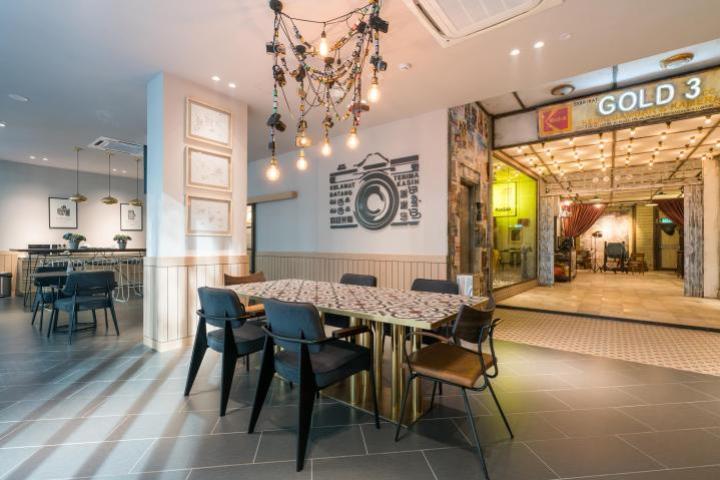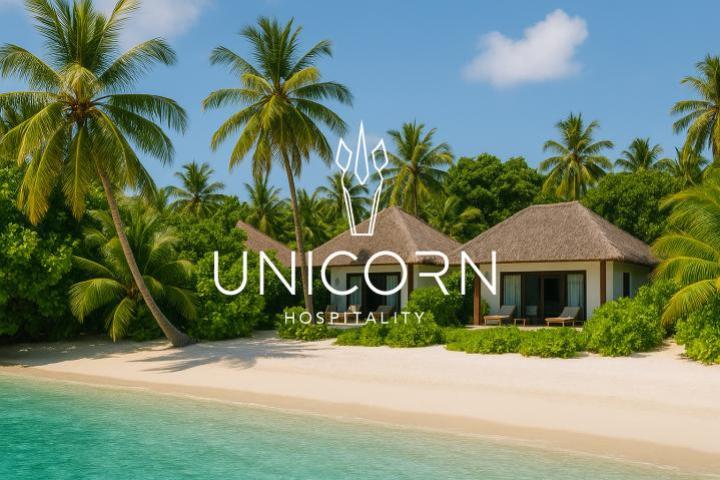Eco-Travel Boom: How to Adapt Your Hotel to Green Guest Expectations

With countless blogs, video content and brands adopting and promoting green messages, the general public have taken note. This mass awareness is shaping industries and changing the way people purchase their products and services. As the hospitality industry strives to meet the ever-changing needs of their guests, we are seeing a new wave of changes being made to accommodate this eco-conscious consumer. So what does this group expect from their stay and how can you adapt your business to service this increasingly important market?
Green expectations
Customers have become much more savvy to sustainable businesses and use the wealth of information available online to evaluate their options. A 2018 poll found that 87% of global nomads have a desire to travel sustainably. While the demand is clear there is a gap in supply, as only 39% confirm that they always manage to do so. This opportunity is one that hotels have readily capitalised on by promoting their eco-conscious policies more openly. Accommodation sites now proudly boast their green awards and credentials, and specific search engines such as Book Different have been created to rank and list the most sustainable stays. While it’s important to adopt green policies within your hotel, it’s just as important to let your customers know about it.
Change at every level
It is a myth to believe that sustainability must come at the cost of luxury or customer experience, as some of the most prestigious 5 star hotels are also some of the greenest. The vast majority of guests share this view as polls show 94% are willing to stay in a property with energy-saving light bulbs, 89% with AC units that only operate when you’re in the room and 80% are happy to use low flow showerheads. While these are basic changes, they signify to customers of your values and direction. Others have gone further by taking simple steps to cut down their use of single-use plastics. Instead of supplying individual bottles of shampoo, conditioner and soap, establishments are opting for refillable dispensers. Some are even offering guests water bottles to use and refill during their stay. Straws are another simple switch, plastic straws are being phased out for more green alternatives such as reusable bamboo or paper straws. The most committed, are sourcing their food and produce nearby to support the local economy and cut down on transport emissions, others are installing solar panels and rainfall capture tanks to make the most of natural resources. While the methods may vary, each change is a clear indication of the new movement brought on by consumers.
At what cost?
Enacting these new policies has affected how hotels operate, but for the most part, it’s for the better. To cut down waste, many hotels have reviewed existing policies and found better and more efficient methods of doing the job, and while there can be large upfront investment for things like solar power, these pay dividends in the long run. One Hyatt in America, for example, was able to cut operating costs of their laundry by 80% just by switching to a low-water system. Government regulation can also be a motivating factor, with business potentially being penalised through fines or taxes by not meeting water restrictions or green building standards. Likewise, in some places tax cuts and grants and being offered to encourage sustainable policies.
The hospitality industry is forever evolving and it’s clear that green travel will be a priority for guests now and in the future. The benefits of making the switch to target this group are numerous and while it can be time-consuming to make changes and review your policy, you will support your guest’s values, help the environment and open your doors to a new generation of customers.
CATEGORIES
RELATED ARTICLES
-

The Rise of Boutique Hotels in Malaysia: A Case for White Label Hotel Management
-

Why Boutique Hotels in Maldives Are Redefining Luxury?
-

White Label Hotel Management: Empowering Independent Hotels for Sustainable Success
-

Invest in Cambodian Hospitality: Trends, Opportunities & Challenges
-

Tools & Benefits for Streamlined Sales & Distribution Management in Hotels